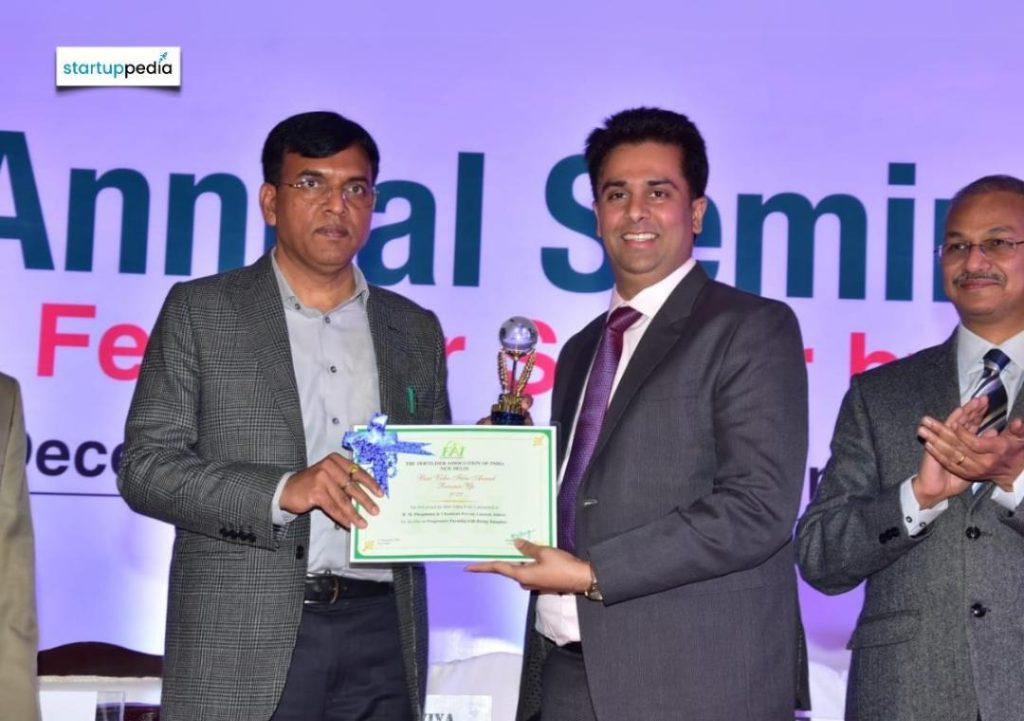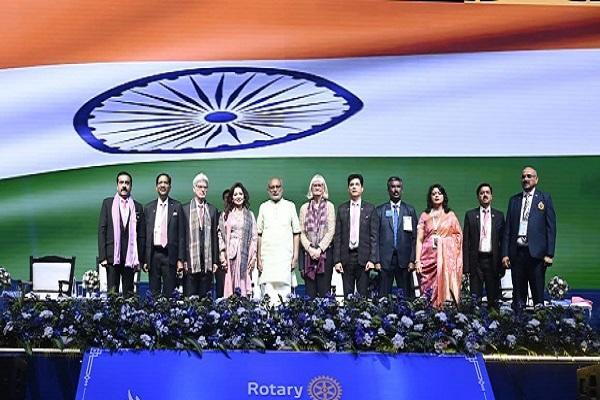
US Engineer Quits ₹1 Cr Job to Build ₹425 Cr Agri Brand
In a remarkable tale of entrepreneurship and innovation, Vineet Jain, a Manipal University graduate, has made headlines with his agri startup, RM Phosphates, which has achieved a phenomenal revenue of ₹425 crore in FY23. Jain’s journey is a testament to his unwavering passion for agriculture and his willingness to take calculated risks to build a sustainable and scalable business.
Jain’s story begins in the United States, where he was working as an engineer and earning a salary of ₹1 crore per annum. However, he was not content with his comfortable life in the US and had a strong desire to return to India and make a meaningful impact in the agriculture sector.
After completing his engineering degree from Manipal University, Jain had started his career as an engineer in the US. He worked on various projects, including building high-performance race cars. Although he was successful in his career, he always had a deep interest in agriculture and wanted to do something that would benefit Indian farmers.
Jain’s fascination with agriculture began when he was just a student. He was amazed by the way farmers worked tirelessly to produce food for the nation. He realized that agriculture was not just a means of livelihood but also a vital sector that required innovative solutions to improve crop yields and reduce costs.
After much contemplation, Jain decided to quit his job in the US and return to India to pursue his passion for agriculture. He started working on a fertilizer product that would help farmers increase their yields and reduce their costs. Jain’s product, Ziron, is an innovative fertilizer that is designed to provide sustained nutrition to crops, resulting in higher yields and better crop quality.
With an initial investment of ₹25 crore, Jain launched RM Phosphates in India. The company’s mission was to provide high-quality fertilizers to farmers at an affordable price. Jain’s vision was to make a positive impact on the lives of Indian farmers and contribute to the country’s food security.
Jain’s hard work and dedication paid off as RM Phosphates started to gain traction in the market. The company’s innovative fertilizer, Ziron, was well-received by farmers, who began to experience significant increases in their crop yields. Ziron’s unique formula provides sustained nutrition to crops, enabling them to absorb nutrients more efficiently and resulting in higher yields.
The success of Ziron was not limited to individual farmers. The fertilizer’s benefits were also evident at the regional level. In just a few years, RM Phosphates had helped over 3 lakh farmers increase their yields and save ₹1,500 per acre. The company’s innovative approach to agriculture had a significant impact on the economy, creating jobs and generating revenue for the region.
RM Phosphates’ remarkable success story did not go unnoticed. The company’s revenue grew rapidly, and it reached ₹425 crore in FY23. Jain’s vision of building a large and sustainable business was becoming a reality. The company’s IPO plans are now underway, with Jain aiming to raise funds to expand his operations and reach even more farmers.
Jain’s journey is a testament to the power of innovation and entrepreneurship in India. His willingness to take calculated risks and pursue his passion for agriculture has resulted in a successful business that has made a significant impact on the lives of Indian farmers.
RM Phosphates’ story is also a reminder of the importance of investing in agriculture. The sector is critical to India’s food security and economic growth, and innovative businesses like RM Phosphates are crucial in driving growth and development.
In conclusion, Vineet Jain’s story is an inspiration to entrepreneurs and innovators across the country. His journey from building race cars to boosting crop yields is a testament to his passion for agriculture and his willingness to take risks to build a successful business. RM Phosphates’ success is a reminder of the impact that innovative businesses can have on the lives of Indian farmers and the economy as a whole.






